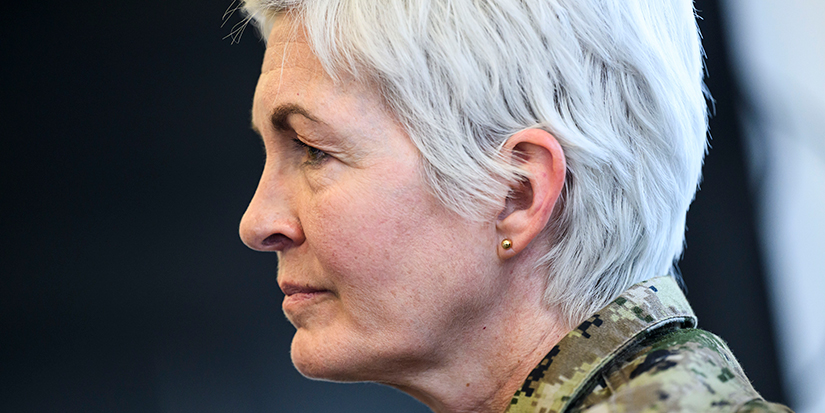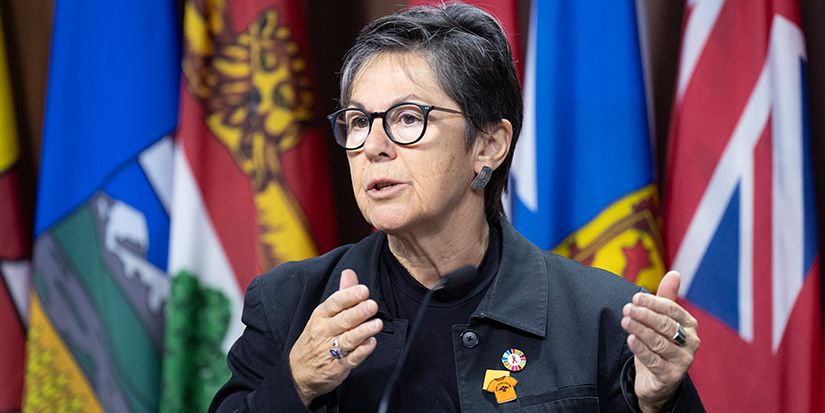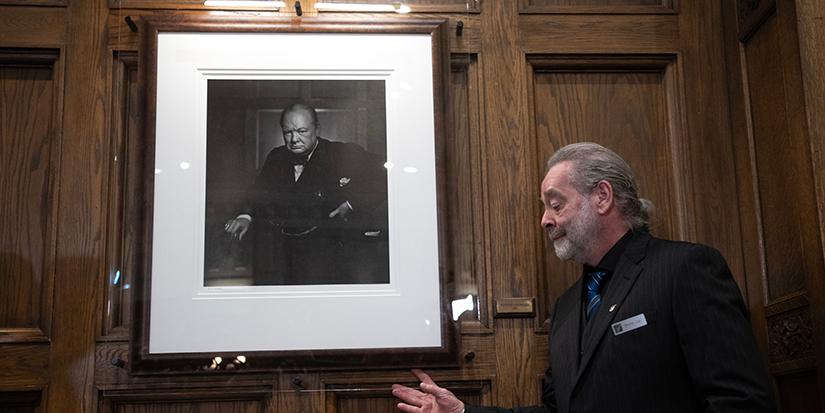Latest News
January marks Alzheimer’s Awareness Month

Published 3:58 PST, Tue January 10, 2023
Last Updated: 11:00 PST, Thu January 12, 2023
—
January is Alzheimer’s Awareness Month, and the Alzheimer Society of B.C. is hosting a variety of events throughout the month to raise awareness about Alzheimer’s disease and dementia.
“In 1981, a group of caregivers gathered to discuss the challenges of caring for a person diagnosed with Alzheimer’s disease. Out of their compassion and determination, the society was ultimately founded,” says Titania Chan, a support and education coordinator for the society in Richmond. “From those humble roots, the society has blossomed into an organization active in communities across the province. The society exists to alleviate the personal and social consequences of Alzheimer’s disease and other dementias, to promote public awareness, and to search for the cause and the cure.”
A webinar is being offered tomorrow (Jan. 11) from 2 to 3 p.m. that looks at self-care tips when managing stress for caregivers and people with dementia. On Jan. 15, Instantaneous Blue, a semi-autobiographical play about a family’s struggle with dementia, will be presented followed by a post-play talkback moderated by the society’s chief executive officer. Other tools include a virtual workshop on Jan. 17 that discusses ways to improve brain health and a webinar on Jan. 18 that looks at when to consider the move to long-term care.
Later this year, the society will host two major events to raise funds: the Vancouver Breakfast to Remember on March 2 and the Walk for Alzheimer’s in May.
Alzheimer’s disease is an irreversible disease that causes the deterioration of memory and thinking over time. It is the most common type of dementia and accounts for about 60 to 80 per cent of all diagnoses. The disease is diagnosed at four different stages: early, middle, late, and end of life.
In the early stage of the disease, a person experiences mild symptoms and is fully aware of their own condition, requiring minimal assistance for daily tasks. At the middle stage, symptoms are more noticeable, and a person at this stage requires more assistance when it comes to daily tasks.
A person who has been diagnosed with Alzheimer’s disease at the late stage is unable to communicate or look after themselves, and the quality of care is important. The final stage of Alzheimer’s disease is the end-of-life stage, where a person requires 24-hour care and the focus shifts to palliative care and comfort to ensure quality of death.
“With an increased prevalence of the disease, it’s important that we’re educated and have the right tools at hand when we need them,” says Chan.
There are some common stigmas that the Alzheimer Society of B.C. is trying to show are untrue. One stigma is that if a person’s family member has Alzheimer’s, then they will get it as well. In fact, most cases of Alzheimer’s disease are sporadic instead of hereditary; less than five per cent of all cases are inherited.
“One in two people in B.C. think dementia is the end of a meaningful life, yet 84 per cent of people in our community who use our programming say they feel more confident when they apply what they’ve learned in their daily lives – which goes to show you can continue to live well with the disease,” says Chan.
Alzheimer’s currently has no cure, but the disease can be treated. Different medications can help with symptoms such as memory decline, language change, cognitive ability, and motor skills. Medications can give people diagnosed with Alzheimer’s the opportunity to experience improvements in the quality of their daily lives for several years.
For more information on Alzheimer’s Awareness Month, visit alzbc.org/FullOfLife.































